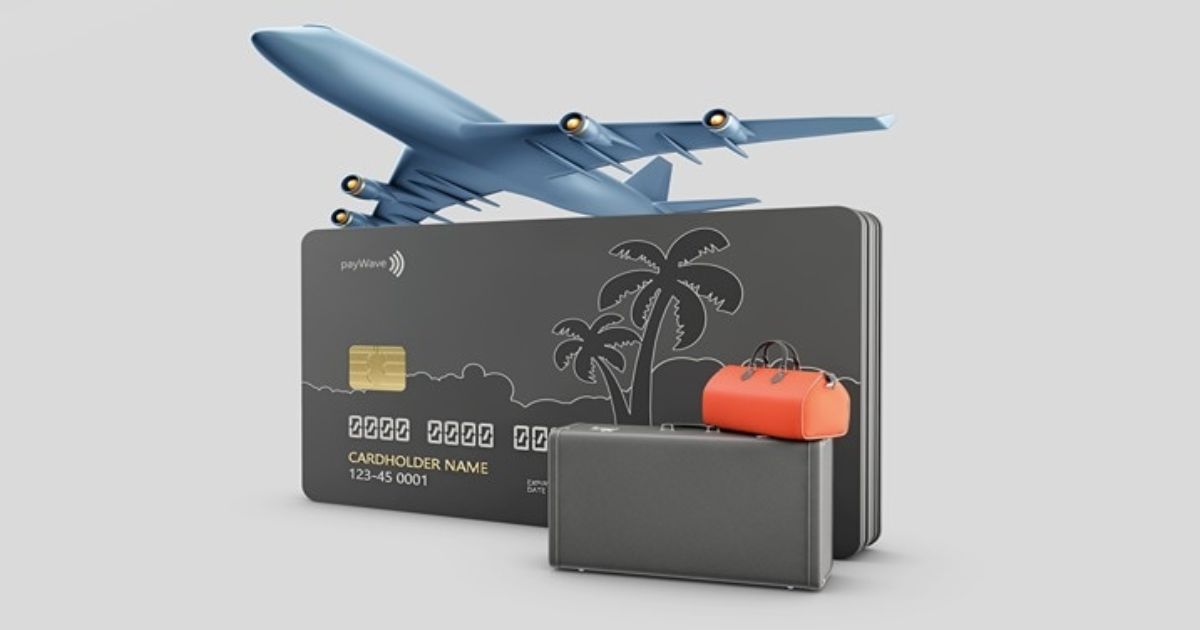Introduction
Traveling to new destinations is exciting, but managing money abroad can be challenging. Carrying large amounts of cash is risky, and using regular credit or debit cards often incurs high foreign transaction fees. This is where travel cards come into play. These cards are designed to make your financial transactions during travel safer, more convenient, and cost-effective.
In this article, we’ll explore the advantages of using a travel card, why it’s better than cash or regular cards, the different types of travel cards, and tips for choosing the right one. To learn more about general payment cards, you can refer to Wikipedia’s page on Credit cards, which explains how these financial tools work.
What is a Travel Card?
A travel card (also called a forex card or travel credit card) is a payment card designed for people traveling abroad. It allows travelers to:
- Load multiple foreign currencies on a single card.
- Make transactions at better exchange rates.
- Avoid high foreign transaction charges.
- Enjoy added perks like insurance, cashback, and rewards.
Travel cards come in three major types:
- Prepaid Forex Travel Card
- Travel Credit Card
- Travel Debit Card
Why Are Travel Cards Important for Travelers?
Travel cards have become essential for frequent travelers because they:
- Offer better security than cash.
- Save money on currency conversion and fees.
- Provide exclusive travel benefits like free lounge access.
- Make budgeting easier during trips.
Key Advantages of Using a Travel Card
✅ 1. Safety and Security
One of the main benefits of travel cards is safety. Carrying large sums of cash while traveling is risky. If cash is lost or stolen, it is almost impossible to recover. In contrast:
- Travel cards are PIN-protected and come with chip security.
- You can block the card instantly through an app or customer care.
- Some cards offer zero liability protection against fraud.
✅ 2. Lower Foreign Transaction Fees
Regular debit and credit cards usually charge a foreign transaction fee of 2–3% on every purchase abroad. Travel cards, however, often have zero or minimal foreign transaction fees, making them much more economical.
✅ 3. Locked Exchange Rates
A prepaid forex travel card lets you lock the exchange rate at the time of loading, protecting you from currency fluctuations during your trip. This gives you better control over your travel budget.
✅ 4. Multi-Currency Support
If you are traveling to multiple countries, a multi-currency travel card allows you to load and spend in different currencies (like USD, EUR, GBP) on one card. This eliminates the hassle of carrying separate cards or converting cash.
✅ 5. Worldwide Acceptance
Travel cards are generally powered by Visa, Mastercard, or American Express, meaning they are accepted at millions of merchants and ATMs worldwide.
✅ 6. Convenient Cash Withdrawals
If you need cash abroad, travel cards allow ATM withdrawals in local currency, often at better rates than exchanging cash at airports or currency exchange counters.
✅ 7. Budget Control and Easy Tracking
Travel cards help you manage your spending better:
- Prepaid cards allow you to load a fixed amount, preventing overspending.
- Apps and SMS alerts track every transaction in real time.
✅ 8. Added Travel Benefits
Many travel credit cards offer:
- Free airport lounge access.
- Hotel discounts and flight deals.
- Reward points and cashback on travel bookings.
- Travel insurance and lost baggage protection.
✅ 9. Emergency Assistance
Most travel card providers offer 24/7 customer support and emergency cash assistance in case your card is lost or stolen, ensuring you are never stranded.
✅ 10. Better Than Traveler’s Cheques
Traveler’s cheques are almost obsolete today. Travel cards are more convenient, widely accepted, and secure compared to old-fashioned cheques.
Types of Travel Cards
1. Prepaid Forex Travel Card
- Load foreign currency in advance.
- No link to your bank account (added safety).
- Ideal for strict budgeting.
2. Travel Credit Card
- Linked to a credit limit.
- Offers rewards like air miles, cashback, and travel vouchers.
- Good for frequent travelers who pay bills on time.
3. Travel Debit Card
- Linked to your bank account.
- Safer than carrying cash.
- Less rewarding than credit cards.
Travel Card vs Cash vs Regular Cards
| Feature | Travel Card | Cash | Regular Card |
|---|---|---|---|
| Safety | High | Low | Medium |
| Foreign Transaction Fee | Low or zero | Not applicable | 2–3% per transaction |
| Exchange Rate | Locked at loading | Changes frequently | Varies |
| Rewards | Yes (on credit cards) | No | Yes (limited abroad) |
How to Choose the Right Travel Card?
Consider these factors before choosing:
- Destination: Does the card support the currency of your destination?
- Fees: Look for low issuance, reload, and inactivity fees.
- Reloading: Can you reload online easily?
- Perks: Rewards, insurance, and lounge benefits.
- Acceptance: Check if it works in the countries you are visiting.
Common Misconceptions About Travel Cards
❌ Myth 1: Travel cards are expensive
Reality: Most travel cards have low fees and save you money on currency conversion charges.
❌ Myth 2: Regular cards are good enough abroad
Reality: Regular cards charge foreign transaction fees and higher exchange rates, making them costly.
❌ Myth 3: Travel cards are hard to get
Reality: Most banks and financial institutions issue them easily.
Tips for Using Travel Cards Smartly
- Carry a backup card in case of loss or malfunction.
- Avoid frequent ATM withdrawals (some cards charge fees).
- Enable SMS/email alerts for security.
- Check card validity and balance before traveling.
Real-Life Example of Savings with Travel Cards
Suppose you plan to spend $2,000 abroad:
- Using a regular credit card with 3% foreign fee = $60 extra.
- Travel card with zero foreign transaction fees = $0 extra cost.
- Plus, you might earn cashback or reward points, adding extra value.
Future of Travel Cards
With the rise of digital wallets and contactless payments, travel cards are integrating with mobile apps for instant reloads, expense tracking, and virtual cards. However, physical travel cards remain essential for destinations with limited digital payment options.
Conclusion
The advantages of using a travel card are clear—security, convenience, cost savings, and exclusive perks make it a smart choice for modern travelers. Whether you opt for a prepaid forex card or a premium travel credit card, these financial tools simplify payments and protect your budget during international trips.




